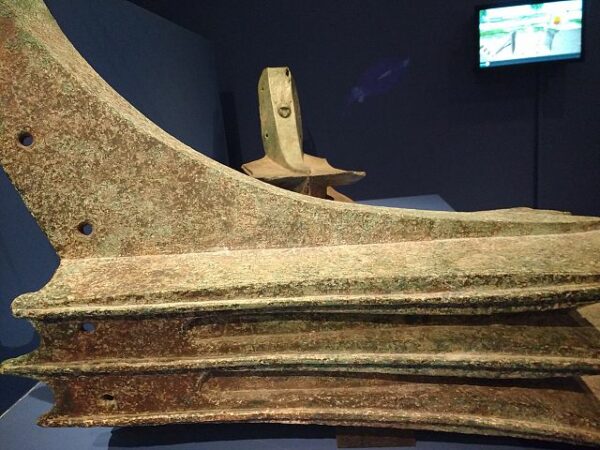The Battle of the Aegates, fought on March 10, 241 BCE, marked a decisive moment in the First Punic War between Rome and Carthage. This naval engagement occurred near the Aegates Islands, located off the western coast of Sicily. The clash between the Roman and Carthaginian fleets proved instrumental in shaping the course of the conflict and ultimately determining the war’s outcome.
By 241 BCE, the First Punic War had been raging for over two decades, with Rome and Carthage vying for control over strategic territories, particularly in Sicily. Given the island’s geographical significance and the dependence of both powers on maritime dominance, the naval aspect of the conflict had been a focal point. Under Admiral Hanno’s command, the Carthaginians sought to reinforce their besieged forces in Sicily, while the Romans, led by Gaius Lutatius Catulus, aimed to intercept and neutralize this threat.
Having learned from previous naval encounters, the Romans invested heavily in improving their fleet. They constructed more maneuverable ships equipped with a boarding bridge, known as a corvus, which allowed them to convert naval battles into close-quarters combat, where their superior infantry could shine. The Carthaginians, on the other hand, struggled with financial and naval resource constraints, hindering their ability to match the Roman naval innovations.
As the two fleets approached the Aegates Islands, a sudden storm disrupted their formations, favoring the more stable and adaptable Roman vessels. Seizing this opportunity, Catulus exploited the chaos and engaged the Carthaginians. The corvus proved to be a game-changer, allowing the Romans to board and capture Carthaginian ships with relative ease. The Carthaginian fleet, already at a disadvantage due to the storm and Roman innovations, found itself overwhelmed.
The Battle of the Aegates culminated in a resounding Roman victory. Carthage, unable to recover from the loss, faced a dire situation on multiple fronts. The defeat at sea not only crippled their naval power but also compromised their ability to support their forces in Sicily. Recognizing the futility of further resistance, Carthage sued for peace.
The subsequent peace negotiations resulted in the Treaty of Lutatius, named after the Roman commander. Carthage agreed to evacuate Sicily, ending the prolonged conflict. The victory at the Battle of the Aegates solidified Rome’s dominance in the western Mediterranean and marked the beginning of its ascent as a naval power. The repercussions of this battle echoed through history, shaping the trajectory of Rome’s imperial ambitions and influencing the balance of power in the ancient world.






